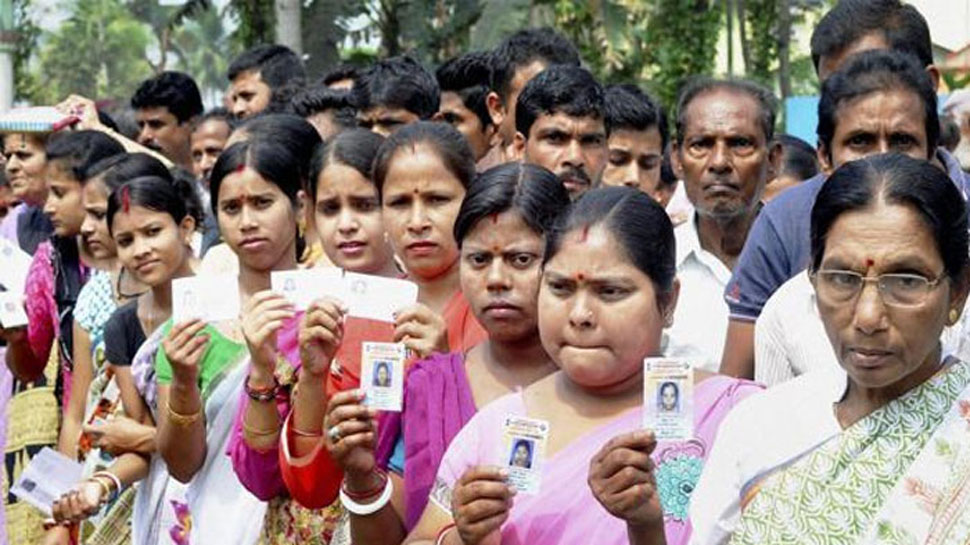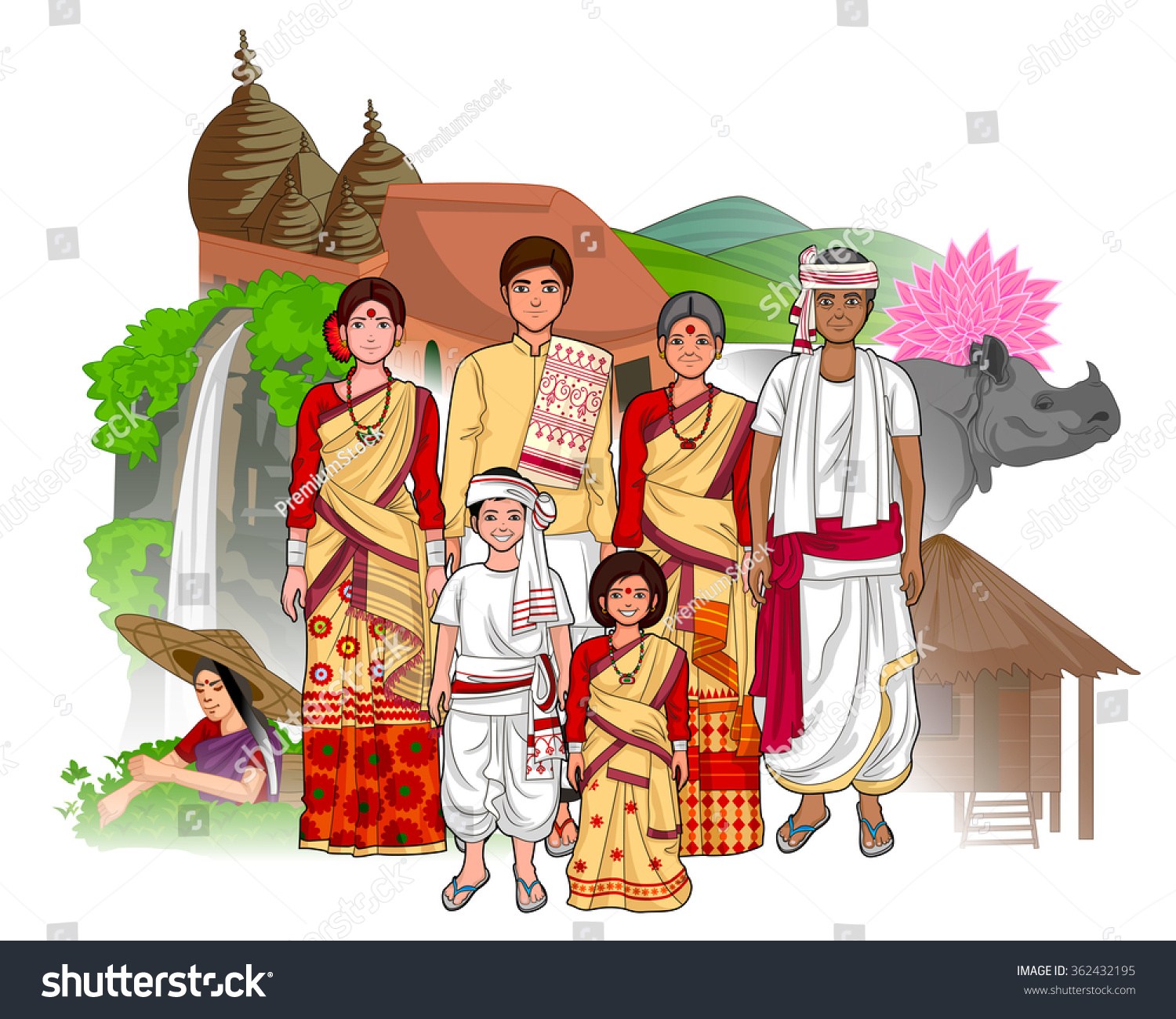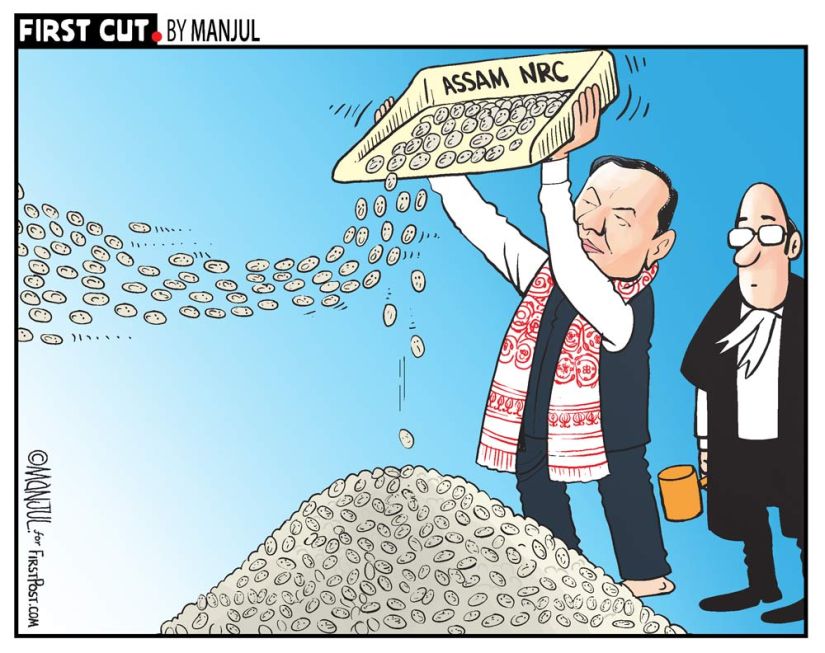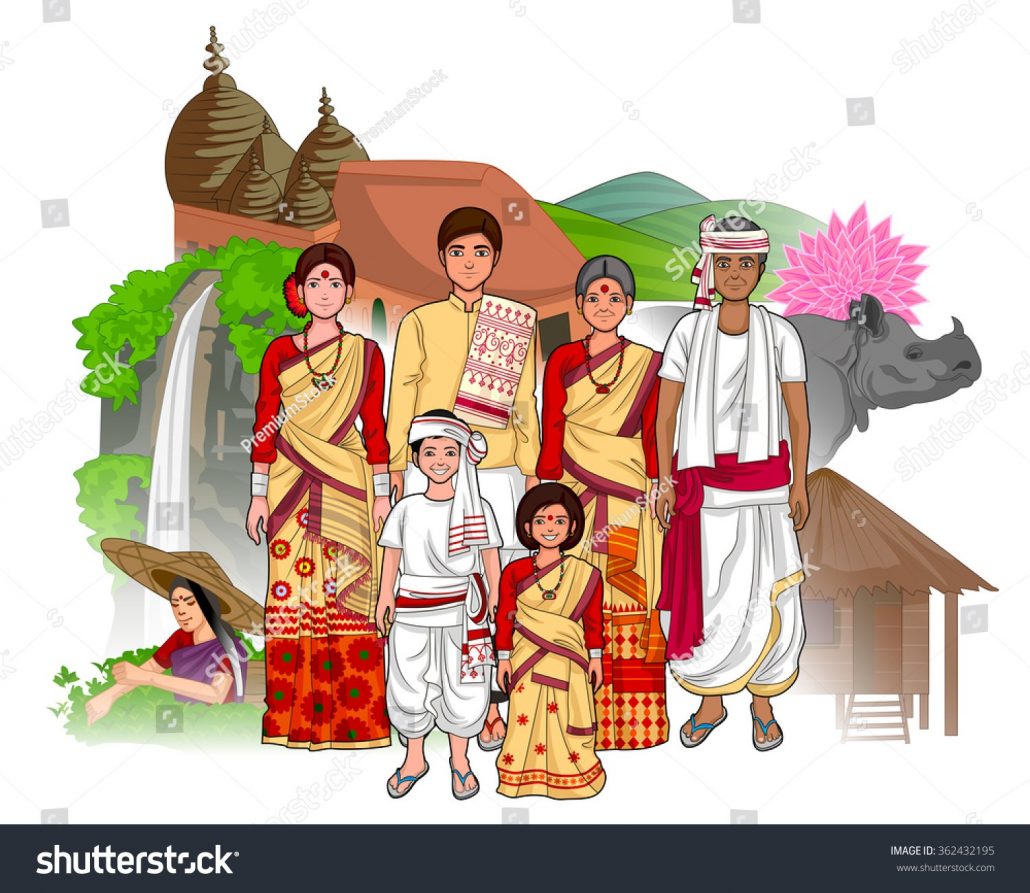
Unlike what the government had anticipated, Assam did not witness any significant disturbances on Monday, the day the state government released the final draft of the National Register of Citizens (NRC). To prevent violence, central forces had been deployed in the state to maintain law and order.
However, this is not to say that the discontent already generated by this exercise will not be exacerbated by the knowledge that of the roughly 3.29 crore people who had applied to be included in the register, over 40 lakh were declared ineligible for inclusion and, therefore, will not have any claim to Indian citizenship. That this version of the register just published is only the final draft — the final NRC of Assam will be published after another round of claims and objections are filed and processed — will be of small consolation for those who face the prospect of being denied citizenship and either becoming “stateless” or being deported. Stateless people, like practically the entire Rohingya Muslim population, are those who are not recognised as citizens by any country.
The apprehension that the NRC being upgraded, and the criteria set to include in it, is a political stratagem to consolidate the Bharatiya Janata Party’s (BJP) majority vote bank in Assam is underlined by several factors.
First, the majority of those left out of the NRC are Bengali-speaking Muslims who migrated to Assam at some point. Theoretically, if they had arrived in the state before midnight on 24 March, 1971, they are eligible to be included in the register and claim citizenship. But in practical terms, it is not so simple. There are many people who did arrive before the cut-off date but do not have the requisite documentation to prove that; for instance, some because they went to other states when they migrated before shifting to Assam.
Second, there is more than a whiff of injustice that clings to any process, under whatever mandate, that seeks to make illegal the status of people living in a place for up to 47 years. Even more egregious and unconscionable is the decision to exclude them from the ambit of the NRC and also deny citizenship to those who were born in Assam to illegal migrants, as this is in violation of the Citizenship Act as amended in 2003.
Third, there is the parallel legislative manoeuvre of amending the Citizenship Act with the Citizenship (Amendment) Bill, 2016. This amendment Bill was tabled in the Lok Sabha in July 2016 and referred to a joint parliamentary committee about a month later. The committee is scheduled to table its report in the Winter Session of Parliament this year. This Bill seeks to grant citizenship to illegal immigrants, understood to be from the region, who are Buddhists, Christians, Hindus, Jains, Parsis or Sikhs. A Bill that explicitly discriminates against people professing a particular religion — Islam — seems, on the face of it, against the spirit of the Constitution.

When considered together, all of these have given the exercise of updating the NRC in Assam — and nowhere else — a communal and sectarian colour and has made it look as though it is being pushed through to subserve the BJP’s political and electoral calculations, obviously not just in Assam but countrywide. It would certainly not be outlandish to argue that the timing — months before crucial Assembly elections this year and the Lok Sabha elections next year — is suspect. On the other had, BJP supporters could argue that the exercise cannot be considered partisan as it was the Supreme Court that had ordered the government to identify illegal immigrants.
This argument does not really cut much ice. Illegal immigrants are illegal immigrants, regardless of their religion. So when the state simultaneously undertakes an exercise to identify illegal immigrants and seeks to provide immunity, i.e. citizenship, to some of them, the spirit of the Supreme Court’s order seems to be vitiated.
Opposition parties have Protested against the process of the NRC’s upgrade. The Congress warned that “illegals”, as well as Indian Muslims who are not part of the BJP’s vote base, will be targeted. A conglomerate of groups from the Barak Valley, which has a high concentration of Bengali-speakers, and rights groups have also critiised the way the Assam government has gone about the task set by the Supreme Court (beginning with setting the criteria determining eligibility) for violating human rights. There has also been talk of ethnic cleansing, though a bit extreme.

Assam’s neighbours will ultimately have to suffer some of the consequences of whatever outcome finally emerges. For now, 40 lakh people risk losing out; this figure could either drop significantly or rise. Within India, West Bengal would be the obvious destination for the “illegals” who are, as earlier mentioned, largely Bengali-speaking Muslims.
Not surprisingly, Chief Minister of West Bengal Mamata Banerjee has taken a stand against the exercise. She has accused the BJP of using this stratagem for electoral gains, of turning people — Bengalis, Biharis, Hindus and Muslims — into refugees in their own country and of pursuing a policy of divide and rule. Mamata also said that West Bengal will serve as a refuge for the displaced. Other parties have been similarly critical. Bangladesh, which may be affected as well, has understandably not reacted.
Mamata has a point, especially when she says that West Bengal — and by extension other neighbouring states — should have been consulted. This is in tune with her reiterations of the sanctity of the federal principle and her attempt to play a key role in building a “federal front” to fight the BJP.
However, the West Bengal chief minister is also playing to her constituency: Bengalis, in general, and Bengali-speaking Muslims in particular. In this context, the Trinamool Congress would do well to be careful to first stick to principles instead of countering one form of identity politics with another.




